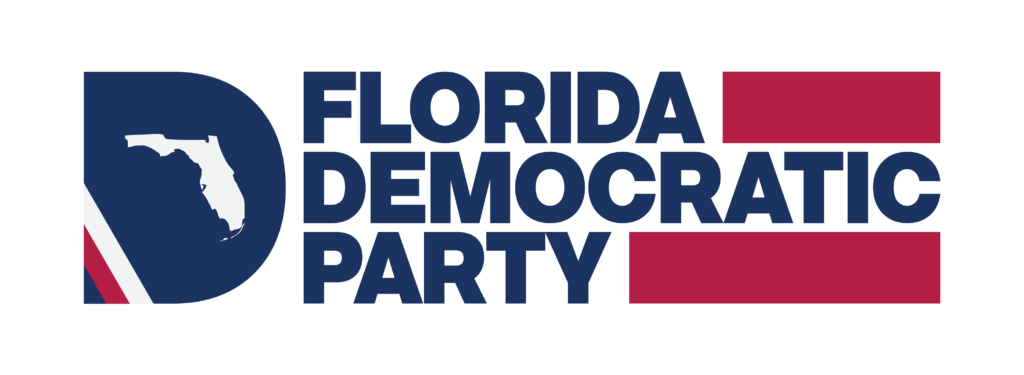In the News
Sen. Cruz Slams Trump-DeVos Education Agenda That Harms Florida Students



Ahead of Trump’s campaign relaunch, the Florida Democratic Party is previewing his track record of broken promises. Today’s focus is on how Donald Trump and Betsy DeVos’ hostility toward public education puts Florida students at a disadvantage.
On June 18, Donald Trump will descend on Central Florida to try and sell his disastrous and harmful education agenda — but Florida students and parents won’t buy it. That’s because the Trump and DeVos education agenda aims to drain funding from public schools and college affordability programs while giving taxpayer-funded handouts to corporations and the wealthy.
Florida has been ground zero for the expansion of the Trump-DeVos agenda — and just last session, Republicans in Tallahassee pushed through SB 7070, a bill that will drain an estimated $130 million from public education.
State Senator Janet Cruz stated: “Florida students of all ages are being harmed by the reckless Trump-DeVos education policies that look to drain resources from our public schools and roll back protections for students. No one is safe — not young students who are losing funding for much-needed after-school programs, not college-bound students who are once again at the mercy of predatory for-profit colleges, and not Floridians who are dealing with the burden of student loans. Floridians will hold Trump accountable in 2020.”
Floridians can’t afford another four years of Trump and DeVos’s attacks on public education.
See for Yourself
Trump’s budgets sought to cut federal funding for after-school programs for students from impoverished communities, as well as for grants to support school needs such as textbooks and school safety efforts. “Trump’s budget request again seeks to cut popular programs, including one that supports after-school activities for children in impoverished communities and another that offers wide-ranging grants that underwrite textbooks, equipment, counseling services and other needs for schools. That pool of money — the Student Support and Academic Enrichment grant program — also underwrites school safety efforts, including mental health services and school safety equipment.” [The Washington Post, 3/11/19]
Trump prioritized tax cuts for the wealthy and corporations over education programs, including those that help make college more affordable. “Trump’s budget proposal has a clear trade-off: The White House wants to gut the nation’s social safety net to give more funding to the nation’s defense programs and allow for tax cuts primarily benefiting corporations and America’s wealthiest… If Trump’s budget were to be enacted, some of the biggest policy changes would include: … $207 billion in cuts to the student loan program, eliminating the Public Service Loan Forgiveness program and cutting subsidized student loans.” [Vox, 3/11/19]
Betsy DeVos has taken effective protections away from Florida students and given free rein to predatory for-profit colleges. “This month, the secretary of education, Betsy DeVos, announced plans to dismantle a set of Obama-era policies devised to protect students and taxpayers from predatory for-profit colleges. Yet data released in the final days of the previous administration shows that the existing rules have proved more effective at shutting down bad college programs than even the most optimistic backers could have hoped. The rules that Ms. DeVos wants to repeal are called the gainful employment regulations.” [The Upshot, New York Times, 6/30/17]
Breaking with the awarding of full relief, the Trump administration sought to offer defrauded borrowers partial loan forgiveness under a plan that was later rejected by a federal judge. “In the meantime, the department had sought to use SSA earnings data to create a system of partial relief for defrauded students who sought loan forgiveness through the borrower-defense rule. That plan was a major departure from the Obama administration, which had awarded full relief to defrauded borrowers. But in May, a federal court ruled the loan-relief plan had violated federal privacy law by using the earnings data to calculate debt relief.” [Inside Higher Ed, 12/6/18]


